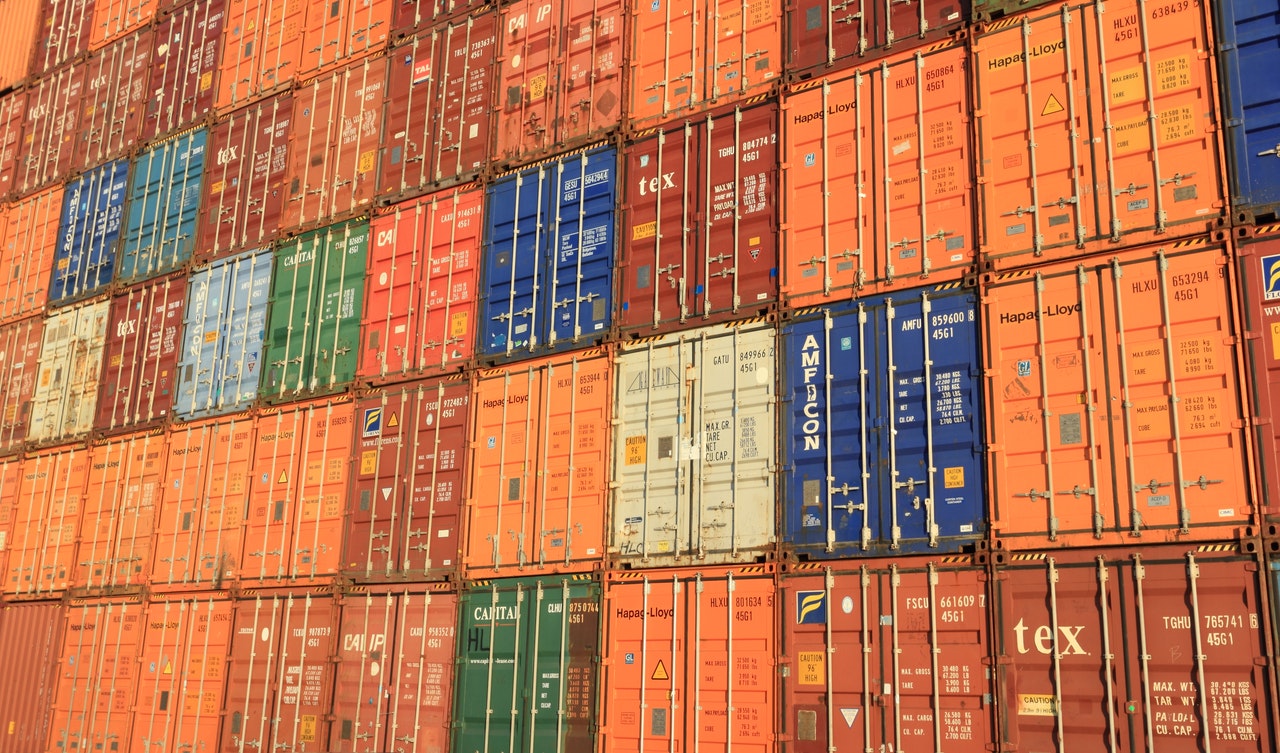Exports from the UK to the EU fell by £5.3 billion (€6.19 billion), or 40.7 per cent, in January, while imports fell by £8.9 billion (€10.4 billion), or 28.8%, as the end of the transition period for the UK’s exit from the EU saw the introduction of new barriers to trade and increasing customs duties.
However, the Office for National Statistics (ONS), which published the figures, advised against reading too much into them, noting that companies had been stockpiling ahead of the entry into force of the new trading rules and may have been using existing stock instead of buying new goods.
It also pointed out that the number of businesses saying they could not export between the middle and the final week of January had fallen by 5.4 per cent and those saying they could not import had dropped by three per cent.
The ONS therefore concluded that the sharp fall was “likely the result of temporary factors”.
Other data published by the Office showed that the UK economy shrank by 2.9 per cent in January, in the middle of a third lockdown, and by nine per cent since before the start of the pandemic.
Manufacturing saw its first decline since April, with car manufacturing being especially hard hit, while health services activity saw an increase of 8.7 per cent, largely due to vaccine rollout and COVID testing schemes.
Ferrari unveils ‘Luce’: Its first fully electric supercar set for 2028
Pricing is anticipated to sit well above €500,000
Malta’s trade deficit narrows as import shifts and export rebalancing continue in 2026
Over the full year, Malta’s trade deficit narrowed by €444.1 million compared with 2024
Thinking of housing as part of an urban system: what Malta can learn from Singapore’s public housing
Five lessons we can take from the nation twice the size of Malta






